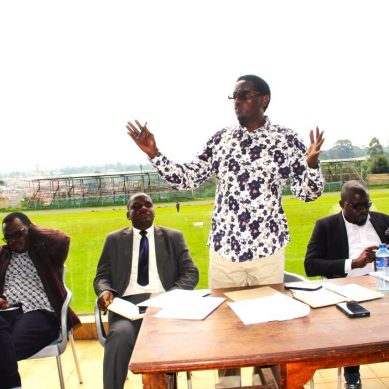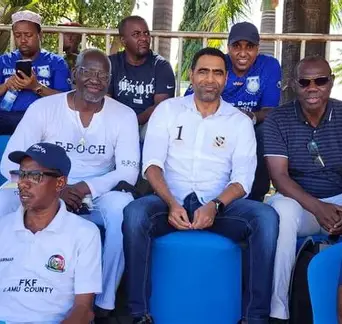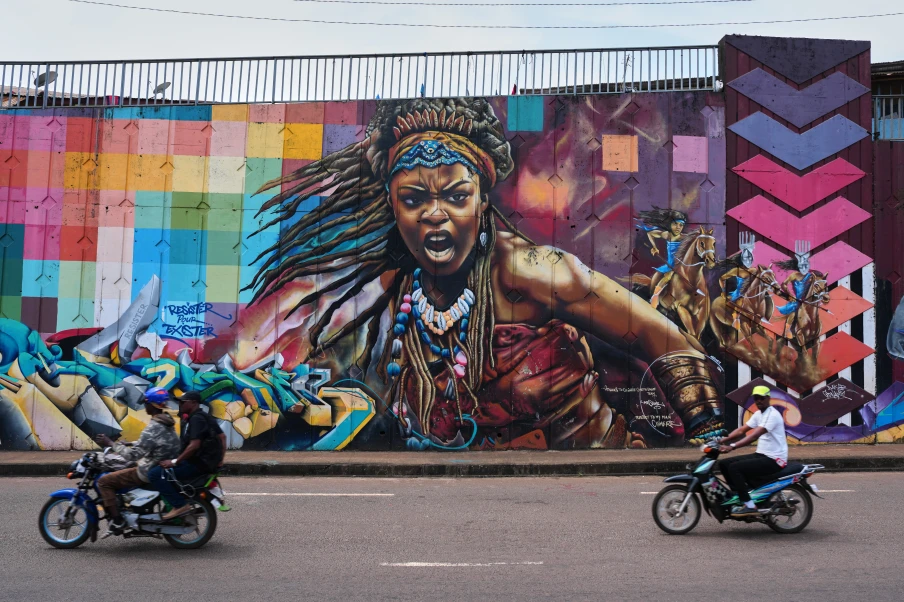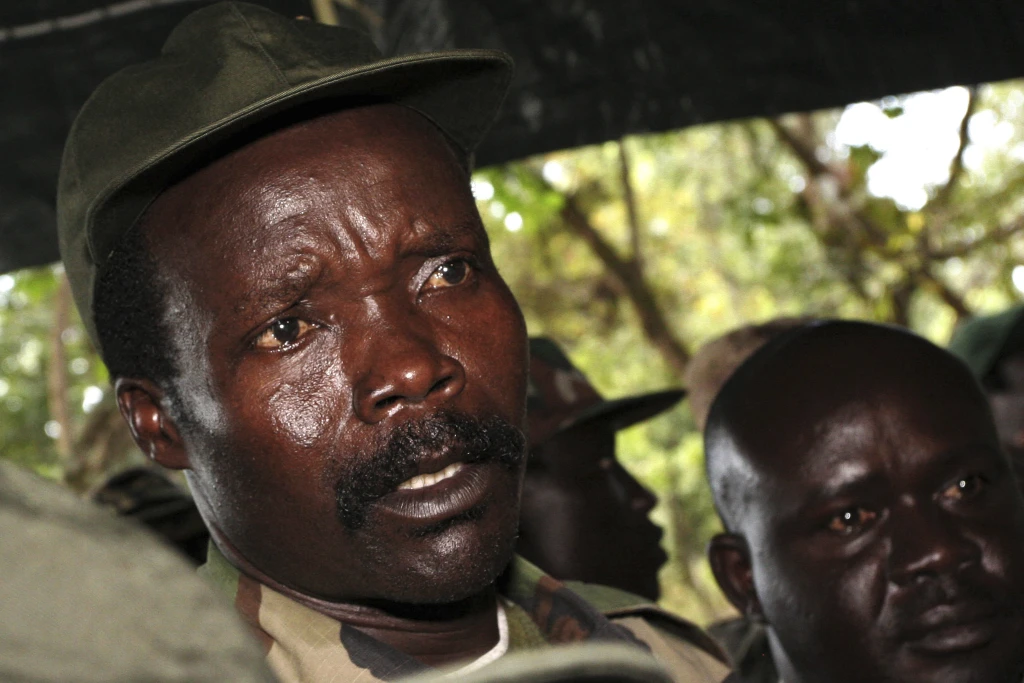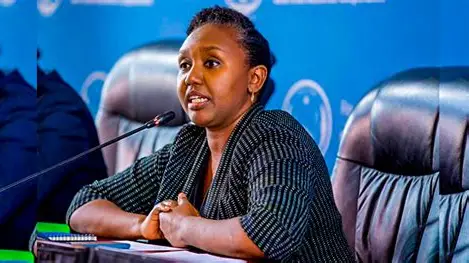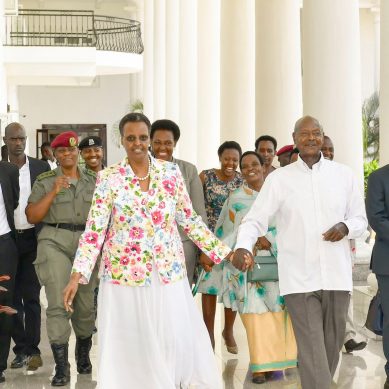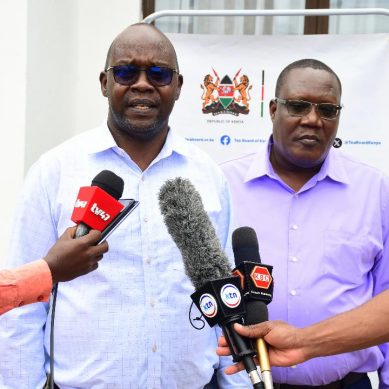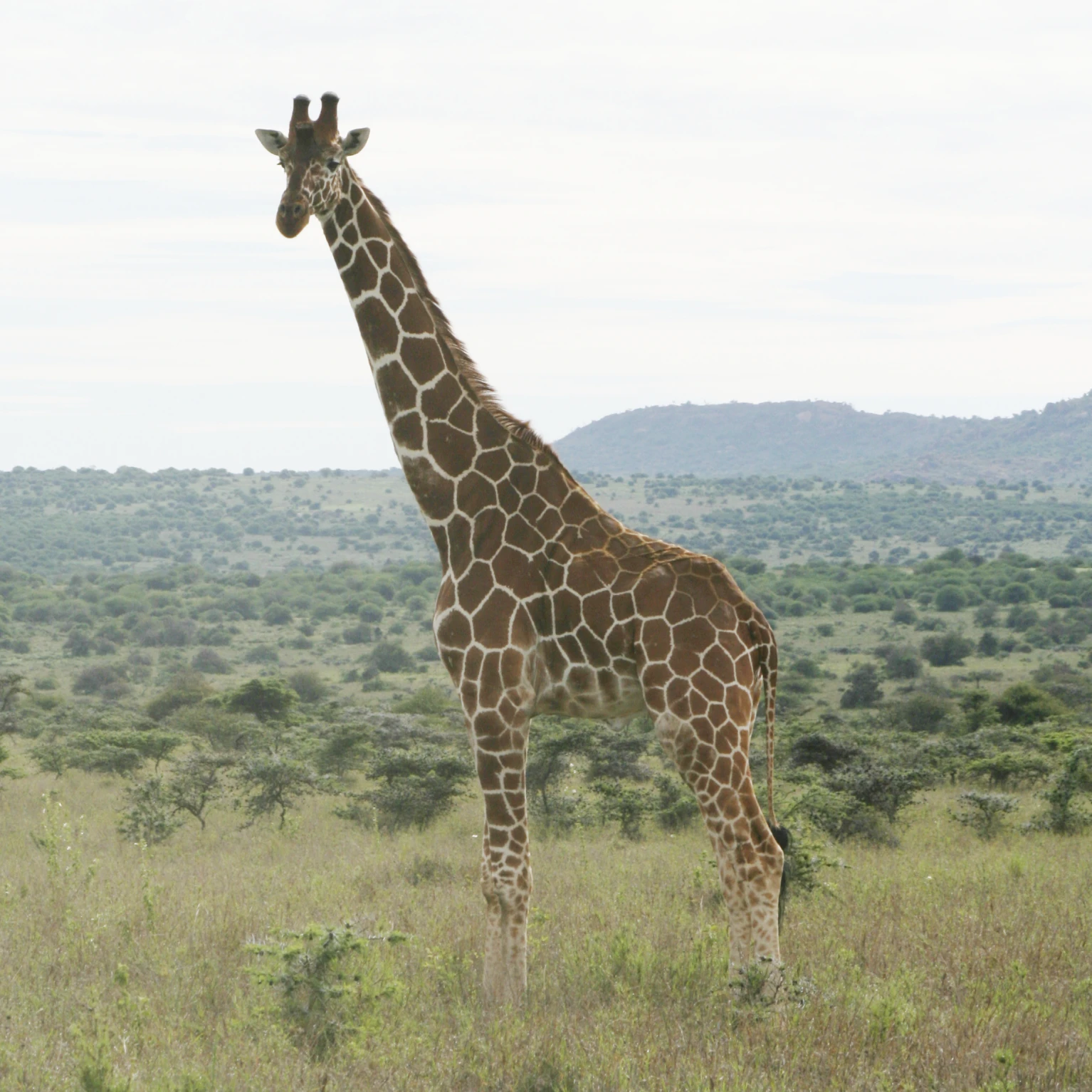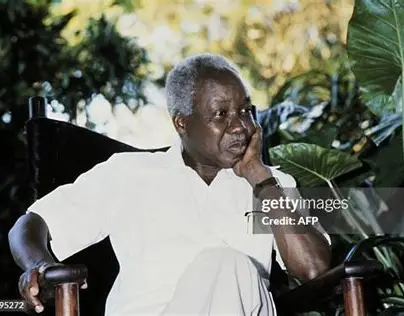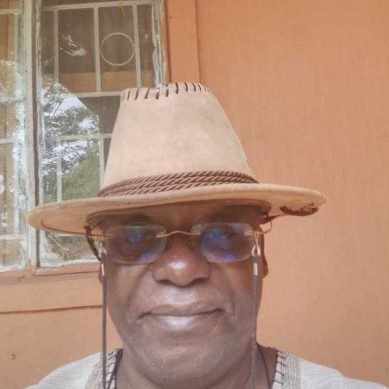Why discipline, time management and sociality became critical ingredients of success in Uganda’s pioneer institutions of higher learning
Discipline is critical because without it we cannot set and achieve goals, develop good habits, overcome challenges, improve time management, and enhance family and community growth and development. In a sentence, we cannot be successful.
Kisumu overtaking Nairobi as capital of vehicle theft in Kenya as police recover 17th stolen car
Then, the criminals had networks that stretched as far as Tanzania, Uganda, South Sudan and South Africa. With the help Interpol, the networks were broken but the latest high car theft incidence in Kisumu seems to suggest the networks are on a rebound or new ones have come up.
ICC to use Kony’s case as a test run for other proceedings against suspects such as Israeli PM Netanyahu and President Putin
Kony’s guerrilla campaign, with its reliance on ambushing government soldiers and others, terrorised local people even more. Attacks on villages, or fear of impending attacks, often forced many civilians to flee their remote homes in search of relative safety in nearby towns.
Four of seven immigrants deported by Trump to Kigali prefer to stay in Rwanda and rebuild their lives
The US also deported five men who are citizens of Vietnam, Jamaica, Cuba, Yemen and Laos to the southern African kingdom of Eswatini, where the government said they will be held in solitary confinement in prison for an undetermined period of time.
NRM, UPDF are firmly in the hands of President Museveni’s over-militarised family that determines who rules Uganda
In UPDF, the powers of recruiting, promotion, retention and retiring army officers is vividly in the hands of General Muhoozi Kainerugaba – who is the Chief of Defence Forces (CDF) and son of President Tibuhaburwa Museveni. In a way, the manipulated Parliament of Uganda gave the UPDF Act 2025 to family of President Tibuhaburwa Museveni in general and General Muhoozi Kainerugaba in particular. The act allows the military to try civilians.
Tea Board of Kenya pitches for higher consumption of local tea as competition for international market intensifies
Small-scale tea farmers have been urged to enhance the quality of their tea to attract more markets and increase their earnings. Tea Board of Kenya (TBK) CEO Willy Mutai, speaking in Mombasa during a tea stakeholders’ consultative meeting, described the findings of a Tea Quality Validation Report as impressive and...
Scientists place African giraffes into four major genetic ‘tribes’ that face unique survival threats
Northern giraffes – whose range includes parts of Democratic Republic of Congo, South Sudan and Central African Republic – face threats from political instability and poaching. Masai giraffes in Kenya and Tanzania face pressure from habitat loss as open savannas are converted to cattle pastures and fields.
Busia got talent: Harambee Star’s mother praises son Boniface Muchiri’s never-say-die spirit and outstanding display
At the centre of interest a son born and brought up in Busia, one of the five counties in western Kenya that have contributed directly and indirectly more than 90 per cent of current Kenyan team that has shocked Africa’s football powerhouses like Morocco, Democratic Republic of the Congo (DRC), Angola and Zambia.
While the world has evolved and knowledge system have evolved too, Ugandan universities are still wedded to knowledge silos
Where the interdisciplinary, crossdisciplinary, transdisciplinary and extradisciplinary knowledge systems have been allowed to flourish, they create alternative scholarship and innovations have become more prevalent than where the disciplinary knowledge system continues to predominate.
